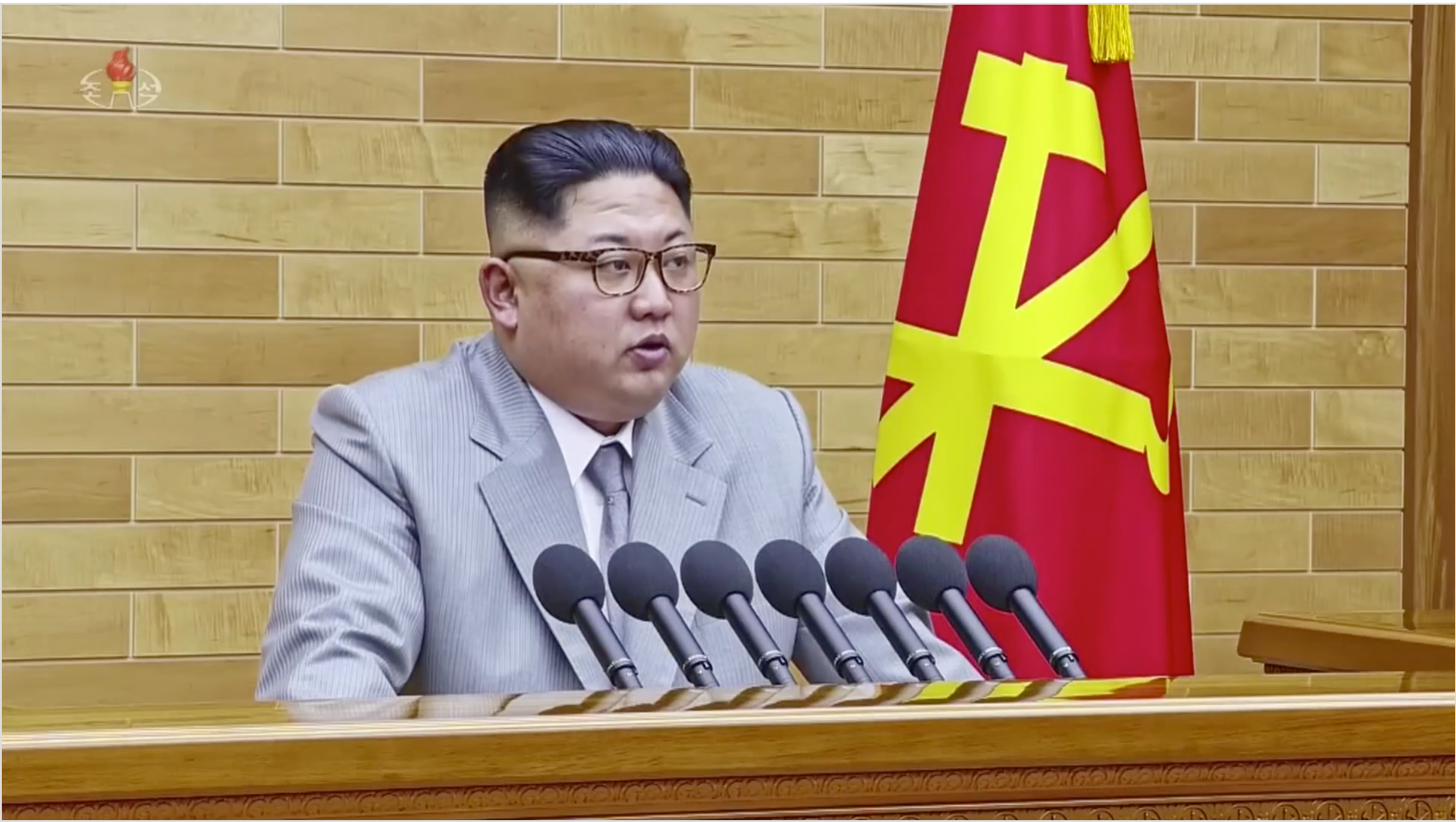THE FUTURE OF THE KOREAN PENINSULA:AN OVERVIEW
.png)
What is the likely outcome of the Korean Crisis?
Back in September, I wrote a piece for pol20.com on the bleak future for the Korean Peninsula. In that article, I argued that Trump’s insecurities would likely lead to a limited bombing campaign in North Korea, as to avoid becoming the President who allowed one of the ‘axis of evil’ to acquire viable nuclear technology. Four months later, and the possibility of military action against the DPRK now looks very unlikely, in spite of the continued sabre rattling and war of words from the US President on Twitter.
In the months following that article, Trump’s tone has not changed, and yet his policy has taken a more subtle diplomatic route. The UN Security Council’s resolution banning 90% of the DPRK’s oil imports is the latest step in the mission to denuclearise the North, and in the past week Kim’s regime has started to open itself up to talks. So where is the Kim-Trump strong-man confrontation heading? In this article, I lay out the possible options for the future of the Korean Peninsula, offering my insight as to how the future of the East Asian region will take shape.
Kim Jong Un (Reuters).png
Kim Jong Un gave a speech in which he opened up the possibility for talks with the South (Source: Reuters).
- Stalemate and Korean détente
The most likely option is that the current situation continues as-is until the end of Trump’s tenure. With this week’s move by the DPRK to reopen the communications hotline, it appears that the Koreas are cooling tensions. In response to this, the Trump administration has distanced itself from South Korean foreign policy, stating that no dialogue can occur until Kim cuts his nuclear ambitions. Seemingly, this will not happen, and so the war of words looks set to continue between the two ‘strongman’ leaders whilst Korean diplomats solve their own issues.
It is plausible that the US and its allies in the region develop separate policies toward the North whilst Trump is in office, which could lead to a reduced American influence on the peninsula. This possibility becomes increasingly interesting with the continued rise of China. China is likely to hold a hegemonic position in Asia by the mid-twenty first century, and thus Korean and Japanese policies will have to react to this shift in the power structure given China’s historically friendly relationship with the DPRK.
- Cold War
If the latest week of cooled tensions turns out to be a blip, then a new (if somewhat unbalanced) Cold War may emerge. The North will not cut its nuclear technology under the current regime and thus the theory of Mutually Assured Destruction (MAD) will continue into the next decade, alongside an ever-developing DPRK nuclear weapons programme. Although a global destruction threat formed during times of low US-USSR relations is not likely to occur during the next few decades, the East Asian region will still feel great paranoid during the cold conflict.
- Conflict
At this stage, conflict is the least likely outcome. As I pointed out in my Pol20 article, even a limited conflict on the peninsula could decimate both sides. Seoul is within artillery range of the DPRK, and the weaponry of the US and its allies vastly outweighs that of the North. Any conflict there would become a vastly more serious case than the Iraq War, and Trump’s ego may be too large to handle such a humanitarian disaster. Denuclearising the North through military action may even be an impossibility, as the DPRK is likely to have countless unmapped research centres and underground storage facilities out of range to US drones and bombers. The Pentagon has plans for such a situation, but is doing everything in its power to avoid it.
- Regime collapse
This has been predicted countless times over the lifespan of the DPRK, and yet has never happened. Since the year 2000, the North has taken a hardline approach to remov
May God take perfect control over the land!!!